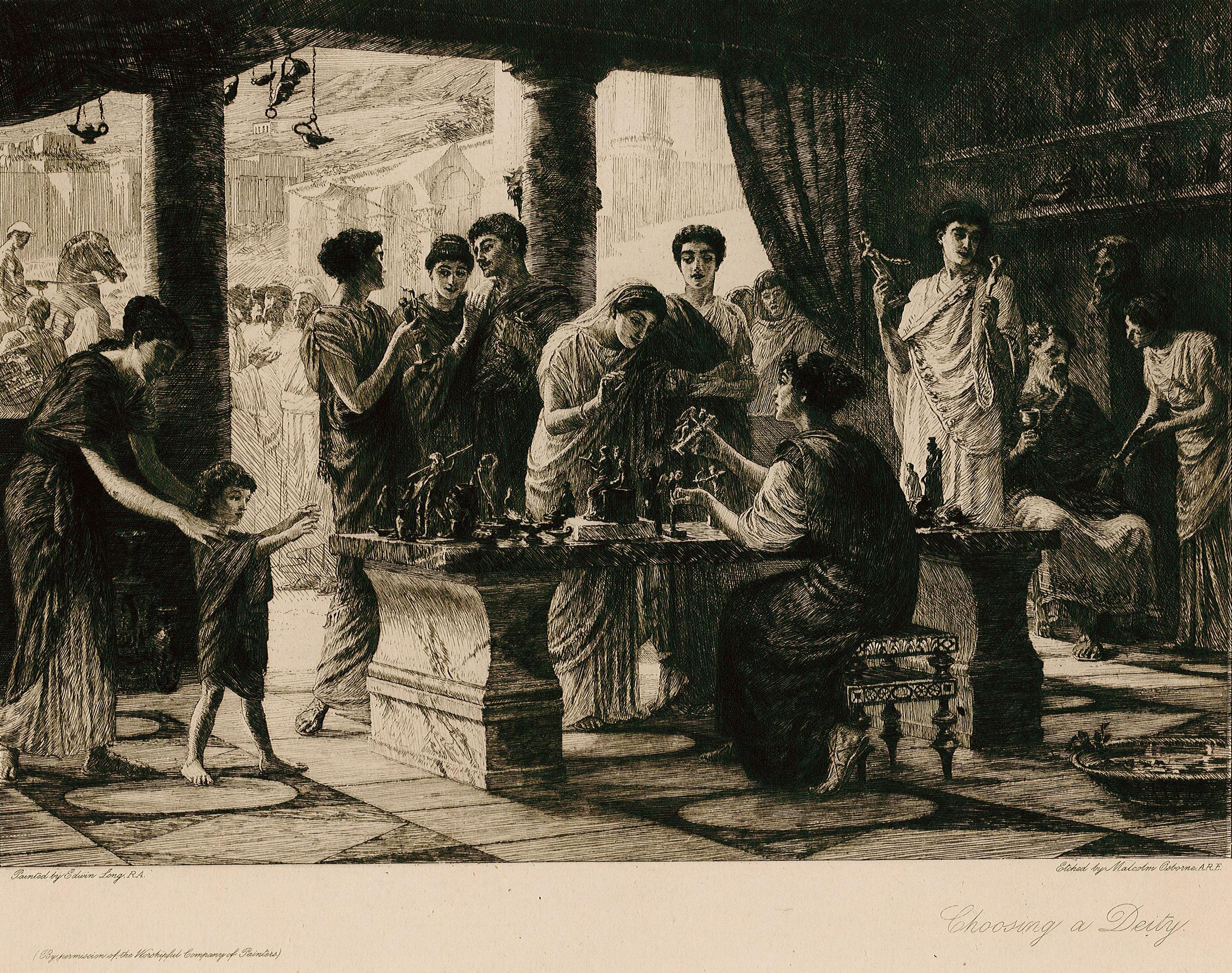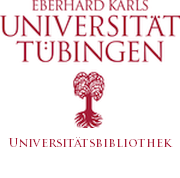Towards a Holistic Approach to the Study of Islamic Theology in Western Academia
A Response to (Secularized) Christian Normativity by Way of Literature
DOI:
https://doi.org/10.71956/cdth002-art05Abstract
Anyone specialising in Islamic theology at a Western university is aware of the fact that their teaching and research will either be recognised by the institution as falling under the category of ›Islamic Studies‹ or of ›Divinity‹. In the first case, Islam is predominantly considered as a cultural phenomenon and studied as such. In the second case, for reasons that have to do with what Marianne Moyaert in her latest book »Christian Imaginations of the Religious Other« (2024) has conceptualised as ›Christian normativity‹ and the ›religionisation‹ of other faiths, Islamic theology is de facto understood as Islamic speculative theology (kalām). In both cases,
the understanding of how Islam theorises and practices theology is significantly restricted, if not altogether ignored. This short essay engages with the issues related to the application of the secular version of a Christian epistemic framework to the study of Islamic theology. In doing so, it opens a critical space for the investigation of Islamic literary productions as both dissensual and consensual theological terrains, through the analysis Ibn al-Fāriḍ’s (d. 632/1235) and the theological-literary commentary his poetry elicited.
Downloads
Published
Issue
Section
License
Copyright (c) 2025 Claire Gallien

This work is licensed under a Creative Commons Attribution-NonCommercial 4.0 International License.






